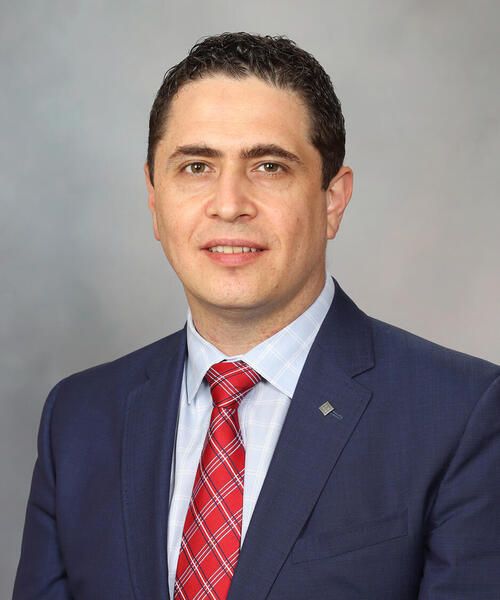Gastric Bypass Improves Diabetes Remission
Compared with gastric sleeve, more patients who underwent a gastric bypass surgery remained in remission from type 2 diabetes even if weight is regained.
Adults with type 2 diabetes are likely to stay in remission if they undergo gastric bypass surgery rather than sleeve gastrectomy, even after regaining weight, according to a study published in the Journal of the American College of Surgeons (JACS).
Obesity is a common disease that is growing, according to the CDC. U.S. prevalence increased from 30.5% in the time period of 1999 to 2000 to 41.9% in the 2017 to 2020 time period. Obesity is related to conditions such as heart disease, stroke and diabetes, which are leading causes of preventable deaths.
Gastric bypass and sleeve gastrectomy are two types of surgery to assist with weight loss. Gastric bypass surgery closes off a part of the small intestine, called the duodenum, while sleeve gastrectomy makes the stomach smaller, restricting the amount of food that can be consumed.
Omar M. Ghanem, M.D.

Bypassing the duodenum, which plays an important part of digestion, helps regulate the “gut metabolic pathway,” lead study author Omar M. Ghanem, M.D., FACS, DABS, a bariatric and metabolic surgeon at Mayo Clinic in Rochester, Minnesota, said in a press release. “Bypassing that axis contributes to many physiologic actions or changes in metabolism and one of them is the regulation of glycemia and eventually diabetes,” he said.
Researchers explained in their paper that this part of the intestine is responsible for the absorption of their nutrients including glucose, amino acids, iron and fatty acids. “When these processes become dysregulated, it can lead to disturbances in fat absorption, gut dysbiosis, chronic inflammation, and overall insulin resistance,” they wrote.
Mayo Clinic researchers investigated whether diabetes returned when patients regained their weight after after Roux-en-Y bariatric surgery, which is the most commonly performed type of gastric surgery for weight loss. They reviewed data from 224 patients who underwent gastric bypass surgery and 46 control subjects who underwent sleeve gastrectomy at Mayo Clinic between 2008 and 2017. All patients involved in the analysis had obesity and had been diagnosed with type 2 diabetes before they underwent weight loss surgery. Each patient was followed for at least five years after the operation.
Researchers found that overall, 75% of gastric bypass patients saw their diabetes stay in remission, compared with only 34.8% of patients in the sleeve gastrectomy group. Among patients who regained 100% or more of their weight after gastric bypass surgery, about 60% kept their diabetes in remission after five years, compared with zero in the gastric sleeve group. The odds of diabetes returning over the five-year follow-up period were 5.5 times greater in the sleeve gastrectomy group compared with the gastric bypass group.
A potential limitation of the study is that it is a retrospective, single-center study. Therefore, the results may not apply to other bariatric programs across the country. The study also didn’t control for factors such as lifestyle and behaviors that many contribute to recurrence of diabetes.
Diabetes Management & Telehealth with Leslie Kolb
June 11th 2020Association of Diabetes Care and Education Specialists, chief science and practice officer, Leslie Kolb chats with MHE Associate Editor Briana Contreras in MHE's newest podcast Tuning into the C-Suite about diabetes management and how it's affected by the use of telehealth, especially during the current and trying times of the COVID-19 pandemic.
Listen